I’m not sure when Alina’s imaginary friend first came around, but I know its been a few months since I was introduced to her penguin. If you ask his name, she’ll make up some crazy slur of sounds, but usually he is just known as “my penguin”. Alina’s penguin is nice enough, but she is always asking for his input before she makes a decision and that kind of bums me out. It is daily that Alina will say, “my penguin didn’t like that” or “no penguin! don’t touch that!”. When she asks me to sing the hello or good bye song to him, she insists I look penguin in the eye. Seriously???
It wasn’t long after meeting Alina’s imaginary friend that I began to research why my baby girl had developed this new companion. We’ve all heard of popular reasons as to why kids create such fantasies, including not receiving enough attention or needing help to cope with stress – both of which were cause for concern. To my relief, this is what I found out…
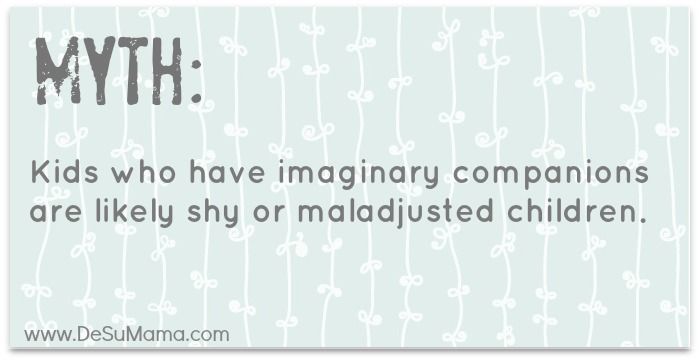
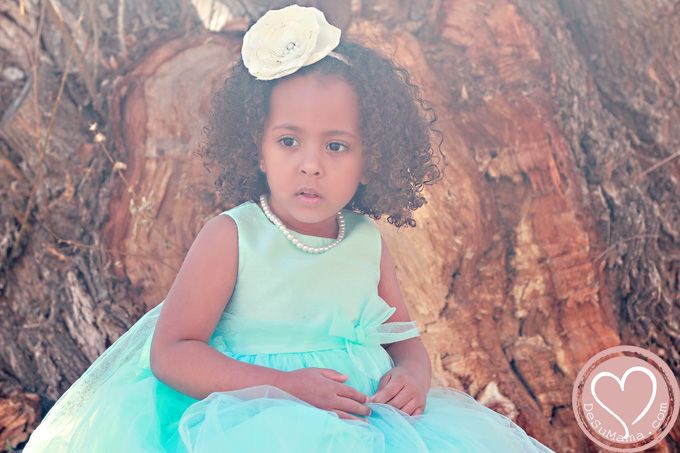
I was especially happy to have this myth debunked. While I don’t worry about Alina being shy (which she is absolutely not), I do make concerted efforts in raising her to feel adjusted and self assured. Even as an infant, she was extremely pensive and stoic. Now as a preschooler, she is still tentative in new surroundings, but not from a place of fear. I believe my child to be well adjusted and, in general, just very interested in social norms and how her peers interact. According to this article on imaginary friends, “Research clearly does not support the popular belief that shy or maladjusted children are especially likely to have imaginary companions,” says Jerome Singer, Ph.D. “If anything, children who talk to an imaginary friend are more likely than their less imaginative peers to play happily in nursery school and to be cooperative with friends and adults.”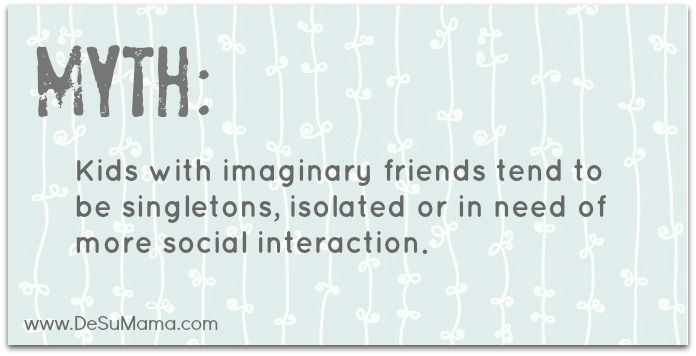
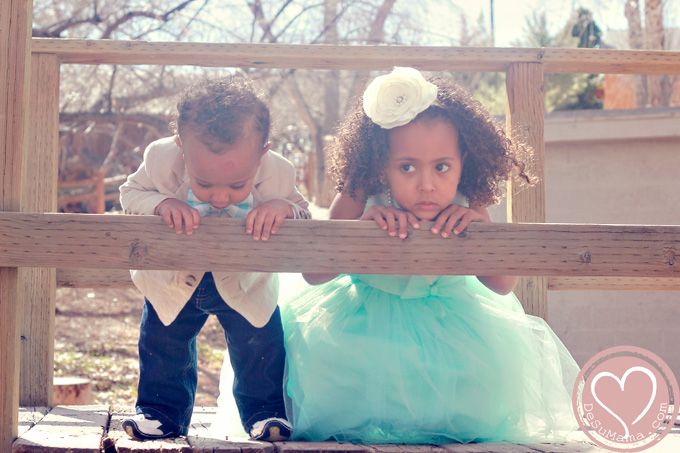
Now, the myth that kids who conjure up imaginary friends need more social interaction is definitely one that I fed into. While Alina is not an only child, Sebastian isn’t exactly the playmate that she needs right now. Also, he demands more of my attention these days. So the thought that “my penguin” was born out of a need for increased social interaction was feasible. However, according to another article on Psychology Today, “…the imagination required to create make-believe friends “is not the exclusive property of the ‘only’ child, the isolated, the ill, or the handicapped.” Children with make-believe friends tend to be more imaginative, have richer vocabularies, and are better able to entertain themselves.”
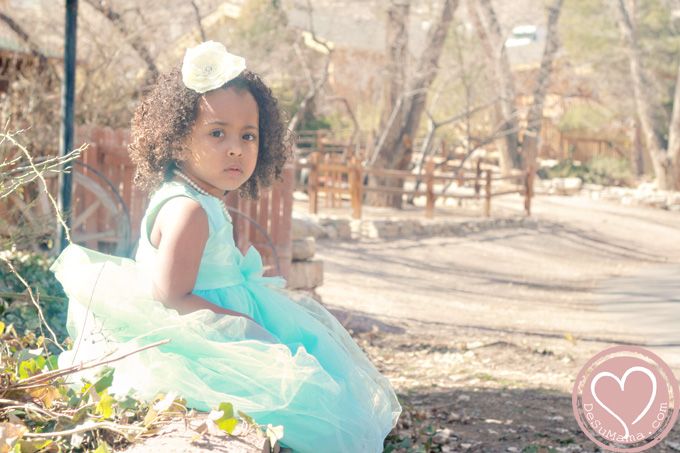
Thank God for that myth, because raising a “troubled” child is so far off my radar. However, as this most recent article on Psychology Today states, “…imaginary friends can be a source of comfort when a child is experiencing difficulties. There are many case studies of children inventing imaginary friends to help them cope with traumatic experiences. A study based on interviews of middle school students at high risk for developing behavior problems found that having an imaginary companion was associated with better coping strategies but lower social preference with peers. However, by the end of high school, those high-risk children who had had an imaginary companion in middle school showed better adjustment on multiple measures.”
As Alina continues to grow and test the world around, so do her boundaries with me and her Dad. As of late, we’ve been dealing with at.ti.dude. from our generally sweet girl, combined with the increased need of time with Sebastian (and one too many viewings of Happy Feet Two), I shouldn’t be surprised of the added family member.
For now, I’ll do what the above mentioned article suggests and not freak out about his existence. I’ve even started to ask Alina about her penguin and have learned that he is quite the naughty boy. As Alina tells me, “sometimes he listens, sometimes he doesn’t listen. Just like me.”

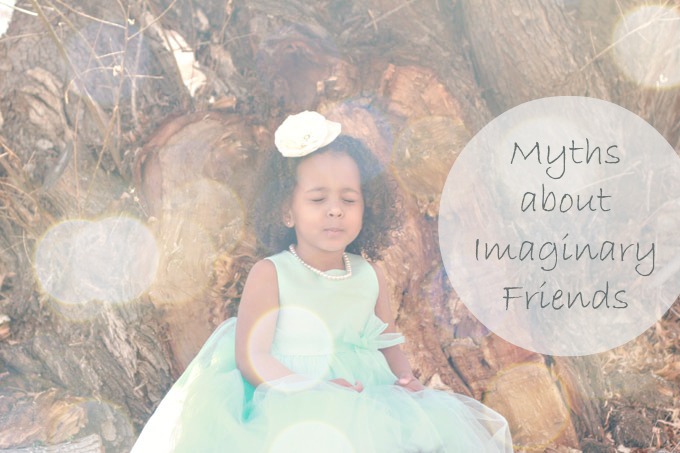
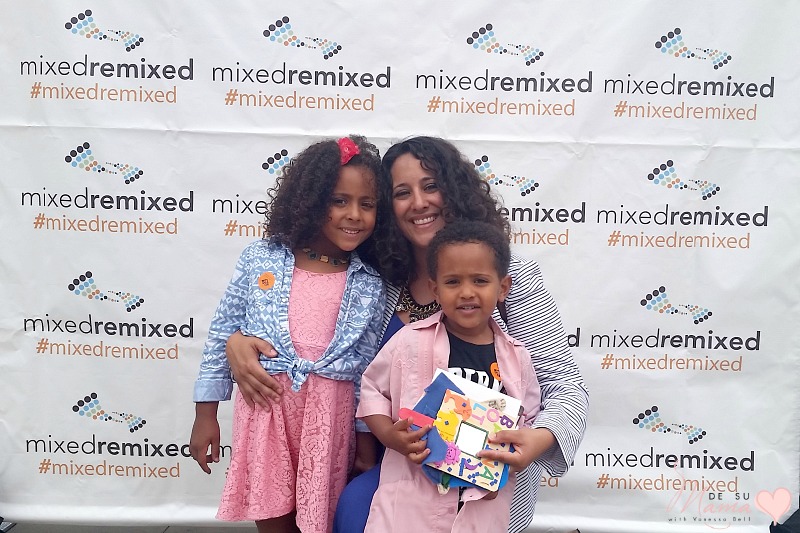
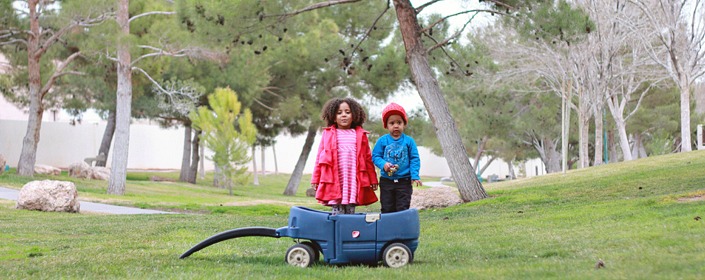
No Comments